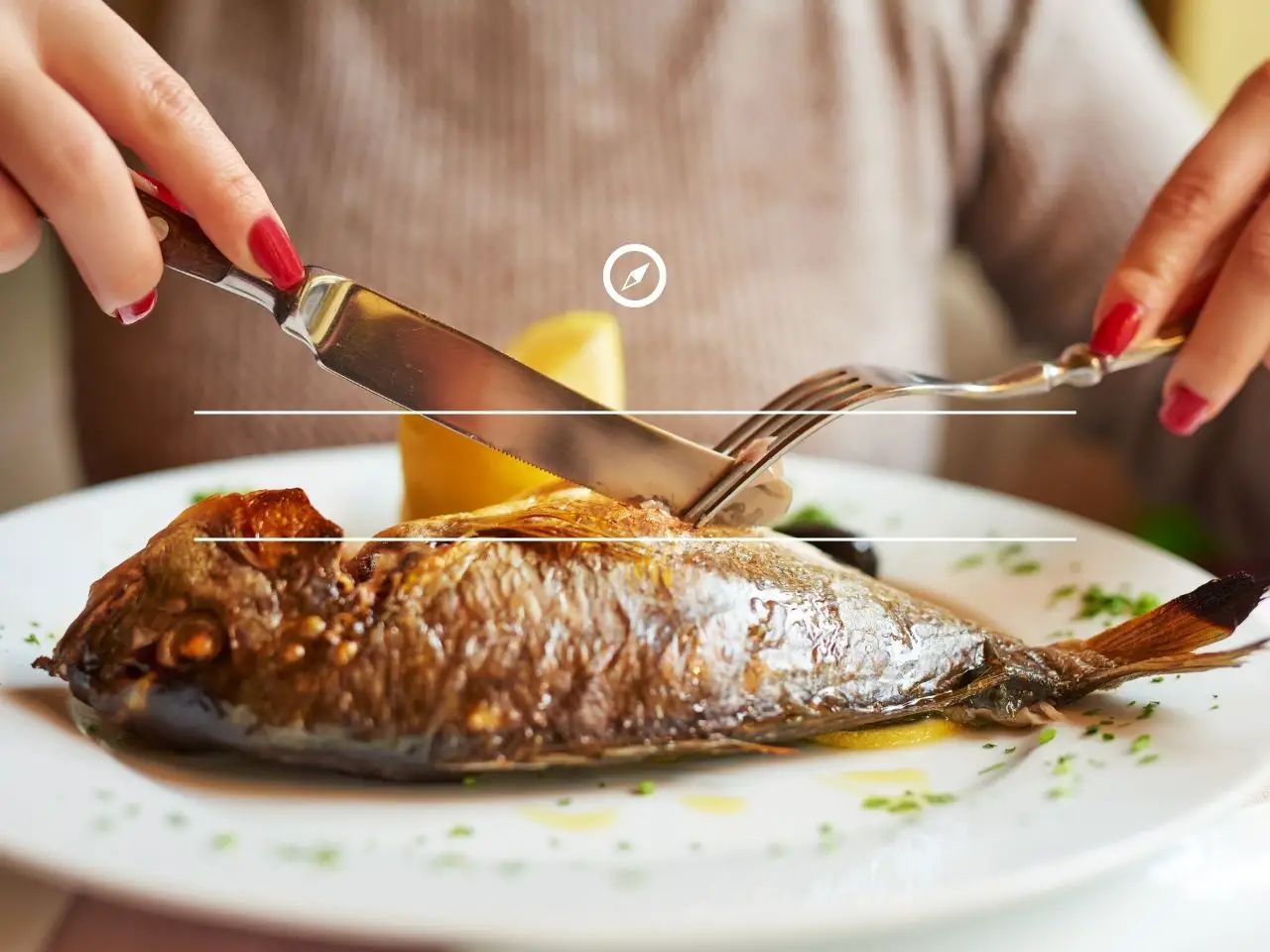Can pregnant women eat. During pregnancy, it’s important for women to pay careful attention to their diet and make healthy food choices to support their own health and the development of their baby. Pregnant women should aim for a balanced diet that includes a variety of foods from all food groups, such as fruits, vegetables, whole grains, protein sources (such as lean meats, fish, beans, and tofu), and dairy or dairy alternatives (such as milk, yogurt, or fortified plant-based milks).

It’s important for pregnant women to choose nutrient-rich foods that are high in essential vitamins and minerals, such as folic acid, iron, calcium, and omega-3 fatty acids. Examples of such foods include leafy green vegetables, citrus fruits, fortified cereals, beans, nuts, dairy or dairy alternatives, and fatty fish (such as salmon or trout).
Can pregnant women eat shrimp?
Shrimp can be consumed during pregnancy, but with caution and in moderation. Shrimp is a type of shellfish that is a good source of protein, omega-3 fatty acids, and other essential nutrients. Shrimp, like many other types of seafood, can contain mercury, which can be harmful to the developing fetus. High levels of mercury during pregnancy can potentially harm the baby’s developing nervous system. Therefore, pregnant women should choose shrimp that is low in mercury, such as small shrimp or those labeled as “wild-caught” or “low-mercury.”
Pregnant women should ensure that the shrimp they consume is properly cooked to avoid the risk of foodborne illnesses. Raw or undercooked shrimp can contain harmful bacteria, viruses, or parasites that can pose a risk to both the pregnant woman and her baby. Shrimp should be cooked thoroughly until it reaches an internal temperature of 145°F (63°C) to ensure food safety.
Shellfish, including shrimp, can be a common allergen. If you have a history of shellfish allergy or any other food allergy, it’s important to avoid shrimp during pregnancy to prevent an allergic reaction.
It’s also important for pregnant women to maintain a balanced diet and not rely solely on shrimp or any single food item for their nutritional needs. A variety of foods should be consumed to ensure a well-rounded diet during pregnancy.
Can pregnant women eat sushi?
It is recommended that pregnant women exercise caution when consuming sushi due to the potential risk of foodborne illness. Raw fish, which is commonly used in sushi, can carry harmful bacteria such as listeria, and salmonella. These contaminants can pose risks to the health of both the pregnant woman and her developing baby.
If you are pregnant and considering eating sushi, it is important to follow proper food safety guidelines.
Opt for cooked sushi options such as fully cooked fish or vegetable-based sushi, rather than raw fish or raw seafood. Select reputable sushi restaurants or establishments that have good food handling practices and are known for their food safety standards.
Ensure that the sushi is prepared and stored in a clean and hygienic environment, and that it is properly refrigerated to prevent the growth of harmful bacteria. It’s always best to consult with your healthcare provider or a qualified medical professional for personalized advice on your specific pregnancy and dietary needs.
Can pregnant women eat tuna?
Tuna can be a source of omega-3 fatty acids, which are important for fetal development. However, it’s important for pregnant women to be cautious about their tuna consumption due to concerns about mercury levels in some types of tuna.
Some types of tuna, such as albacore (white) tuna, yellowfin tuna, and bigeye tuna, tend to have higher levels of mercury compared to other types of fish. Pregnant women, and those who are planning to become pregnant, should limit their consumption of these types of tuna and other high-mercury fish to reduce their exposure to mercury. It’s generally recommended that pregnant women consume no more than 2-3 servings (about 6-12 ounces) of cooked fish, including tuna, per week, and choose lower-mercury options whenever possible.
On the other hand, light tuna, such as canned light tuna, tends to have lower levels of mercury. It can be a safer option for pregnant women, but it’s still important to consume it in moderation and not exceed the recommended limits.
It’s also important to consider other sources of omega-3 fatty acids, such as low-mercury fish like salmon, trout, and sardines, as well as plant-based sources like chia seeds, flaxseeds, and walnuts.
As always, it’s best to consult with a qualified healthcare professional or a prenatal care provider for personalized advice on your specific dietary needs during pregnancy. They can provide you with the most accurate and up-to-date information based on your individual health status and needs.
Can pregnant women eat Crab?
Pregnant women are often advised to exercise caution when consuming seafood, including crab, due to concerns about potential contamination. Mercury is a toxic metal that can accumulate in fish and seafood, including crab, through environmental pollution. High levels of mercury exposure during pregnancy may pose risks to the developing fetus, as it can affect the nervous system and brain development.
It is recommended that pregnant women choose low-mercury seafood options and consume them in moderation. Crab can be a good source of protein, omega-3 fatty acids, and other nutrients, but it’s important to be mindful of the type of crab and its mercury content. Some types of crab, such as king crab and snow crab, tend to have lower levels of mercury compared to other species like shark or swordfish, which tend to have higher levels of mercury and are usually advised to be avoided during pregnancy.
Can pregnant women eat hot dogs?
Hot dogs are processed meats that may be associated with a higher risk of foodborne illnesses, such as listeriosis, which can be harmful to both the pregnant woman and the developing fetus. Pregnant women are more susceptible to foodborne illnesses due to changes in their immune system during pregnancy. It is important for pregnant women to ensure that hot dogs are properly cooked and stored to reduce the risk of foodborne illnesses.
Hot dogs are often high in sodium, saturated fat, and preservatives, which are not considered ideal for a healthy pregnancy diet. Consuming excessive amounts of sodium and saturated fat during pregnancy may increase the risk of certain health issues, such as high blood pressure and gestational diabetes. Pregnant women are generally advised to focus on a balanced diet that includes a variety of nutrient-dense foods, such as fruits, vegetables, lean proteins, whole grains, and dairy products.
If you are pregnant and considering consuming hot dogs, it is recommended to consult with your healthcare provider for personalized advice based on your individual health needs and any specific dietary restrictions or considerations you may have. They can provide you with the most up-to-date and accurate information to ensure a healthy pregnancy.
Can pregnant women eat Salmon?
Salmon is a type of fish that is generally considered safe to eat during pregnancy due to its high omega-3 fatty acid content, which can be beneficial for fetal development. Omega-3 fatty acids, specifically docosahexaenoic acid (DHA), are important for the development of the baby’s brain and eyes.
However, it is important to be cautious about the source and quality of the salmon, as some types of salmon can be contaminated with environmental pollutants, including mercury, which can be harmful to the developing fetus. High levels of mercury can potentially harm the nervous system of the developing baby.
Therefore, pregnant women should choose salmon that is low in mercury, such as wild-caught salmon from reputable sources, and avoid high-mercury fish such as shark, swordfish, king mackerel, and tilefish. It is also important to limit the consumption of fish known to be moderate in mercury, such as canned tuna, to avoid excessive mercury intake during pregnancy.
Additionally, pregnant women should follow the dietary guidelines provided by their healthcare provider or a registered dietitian, and discuss their individual dietary needs and restrictions during pregnancy.
Can pregnant women eat honey?

Honey is generally considered safe to consume during pregnancy, but with some precautions. However, pregnant women should exercise caution when consuming honey due to the potential risk of foodborne illness caused by a bacterium called Clostridium botulinum, which can be present in honey.
C. botulinum spores are commonly found in soil, dust, and honey. While healthy adults and older children can usually tolerate the presence of these spores, infants under one year old, pregnant women, and people with weakened immune systems are at a higher risk of developing infant botulism, a rare but serious illness caused by the bacterium.
To reduce the risk of C. botulinum exposure during pregnancy, it is recommended to follow these guidelines:
- Avoid raw or unpasteurized honey: Raw or unpasteurized honey may contain higher levels of C. botulinum spores. It is best to consume pasteurized honey, which has been treated to eliminate harmful bacteria.
- Check honey labels: Look for honey that has been pasteurized or treated for safety. Avoid homemade or artisanal honey that may not have been pasteurized or tested for safety.
- Practice good hygiene: When handling honey or honey-containing products, ensure that hands, utensils, and surfaces are clean to prevent cross-contamination.
Can pregnant women eat pineapple?
Yes, pregnant women can generally eat pineapple in moderation as part of a healthy and balanced diet. However, it is recommended that pregnant women exercise caution and consume pineapple in reasonable amounts due to some potential concerns.
Pineapple contains an enzyme called bromelain, which has been known to have mild blood-thinning properties and may cause mild uterine contractions in some cases. While bromelain is typically present in small amounts in ripe pineapples and is generally considered safe for consumption during pregnancy in normal food amounts, consuming large quantities of pineapple or taking bromelain supplements may increase the risk of bleeding or contractions, which could potentially be harmful during pregnancy.
Some studies suggest that consuming large amounts of pineapple, particularly in the form of pineapple core or pineapple supplements, may be associated with a higher risk of miscarriage due to the bromelain content. However, more research is needed to fully understand the effects of bromelain during pregnancy, and consuming normal amounts of pineapple as part of a healthy diet is generally considered safe for pregnant women.
Moreover, pineapple is acidic in nature and may cause heartburn or digestive discomfort in some pregnant women, especially if they have a history of acid reflux or gastrointestinal issues.
Can pregnant women eat fish?

It’s important to note that cooking fish properly, by baking, broiling, or grilling, can help to reduce the risk of foodborne illnesses. Raw or undercooked fish, including sushi, should be avoided during pregnancy to reduce the risk of bacterial or parasitic infections.
If consuming fish that is locally caught from rivers, lakes, or coastal areas, it’s important to check for any local advisories regarding fish consumption, as some fish from certain bodies of water may be contaminated with environmental pollutants.
It’s important to cook fish thoroughly to reduce the risk of foodborne illnesses. Fish should be cooked to an internal temperature of 145°F (63°C), and any raw or undercooked fish, including sushi, should be avoided during pregnancy.
Suppose you have concerns about mercury or fish consumption during pregnancy. In that case, you may consider talking to your healthcare provider about taking a fish oil supplement that is certified to be low in mercury and sourced from reputable manufacturers.
As with any dietary decision during pregnancy, it’s always best to consult with your healthcare provider or a qualified healthcare professional to ensure that fish consumption is safe and appropriate for your specific health condition and pregnancy. They are capable of delivering customized recommendations that take into account your specific circumstances.
Conclusion
In conclusion, making healthy food choices during pregnancy is important for the well-being of both the mother and the developing baby. A balanced diet that includes a variety of nutrient-rich foods is essential to provide the necessary nutrients for fetal growth and development. Eating a variety of foods from all food groups, including fruits, vegetables, whole grains, lean proteins, and dairy or dairy alternatives, can help ensure that pregnant women get a wide range of essential nutrients needed for fetal development.
Read also: Mozzarella cheese during pregnancy; Can pregnant women eat Romano cheese?; Blue cheese for pregnant; Mozzarella cheese during pregnancy; Cheese during pregnancy: 5 free tips; lunar eclipse and pregnancy
External resource: nhs
- Concilio de Nicea 325, historia, que pasó, qué fue, en qué consistió - April 23, 2025
- Constantino I el grande:historia y biografía (1) - April 23, 2025
- Manuscritos del Mar muerto,estudio,ensayo-crítica,rollos de Qumrán (7) - April 23, 2025